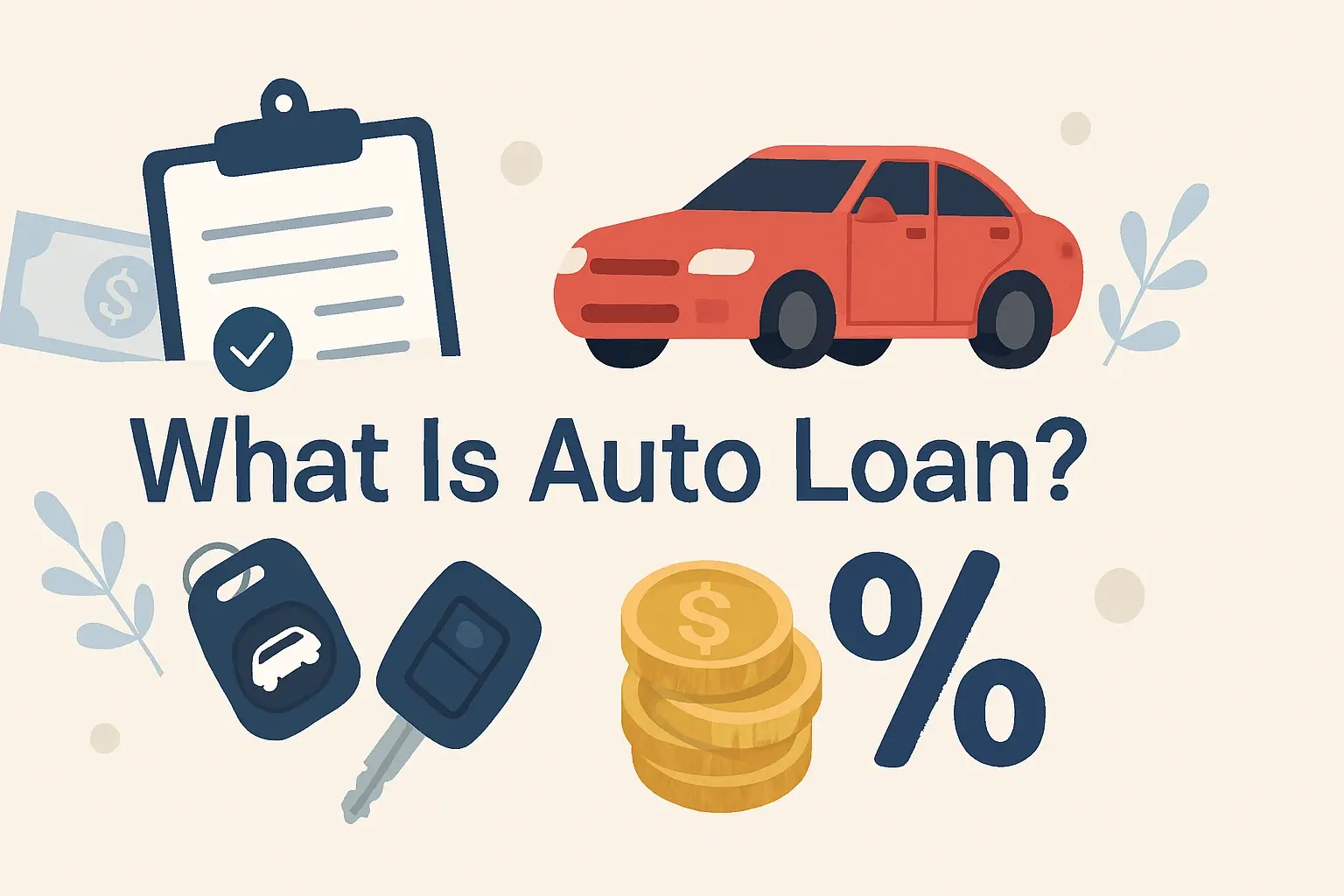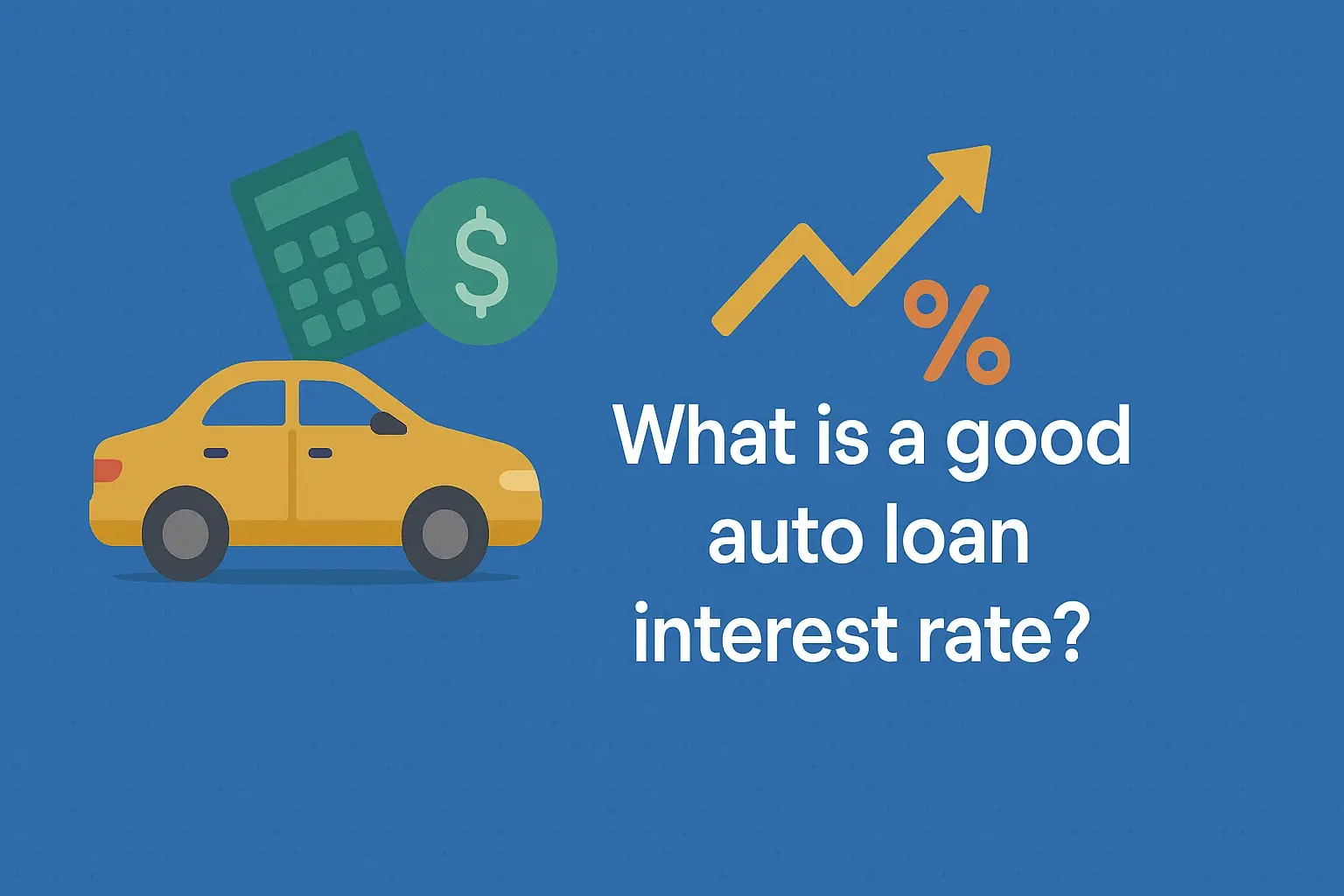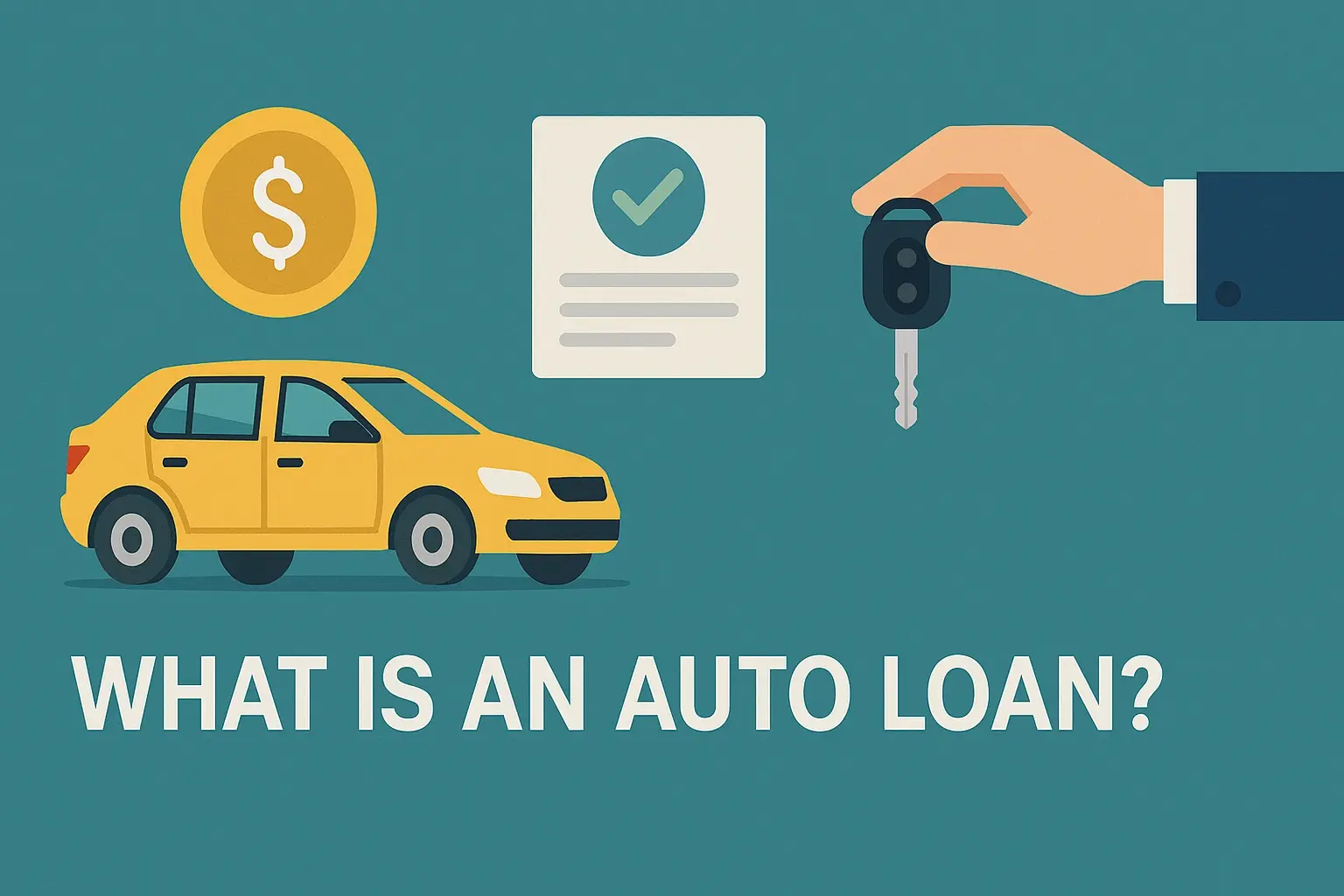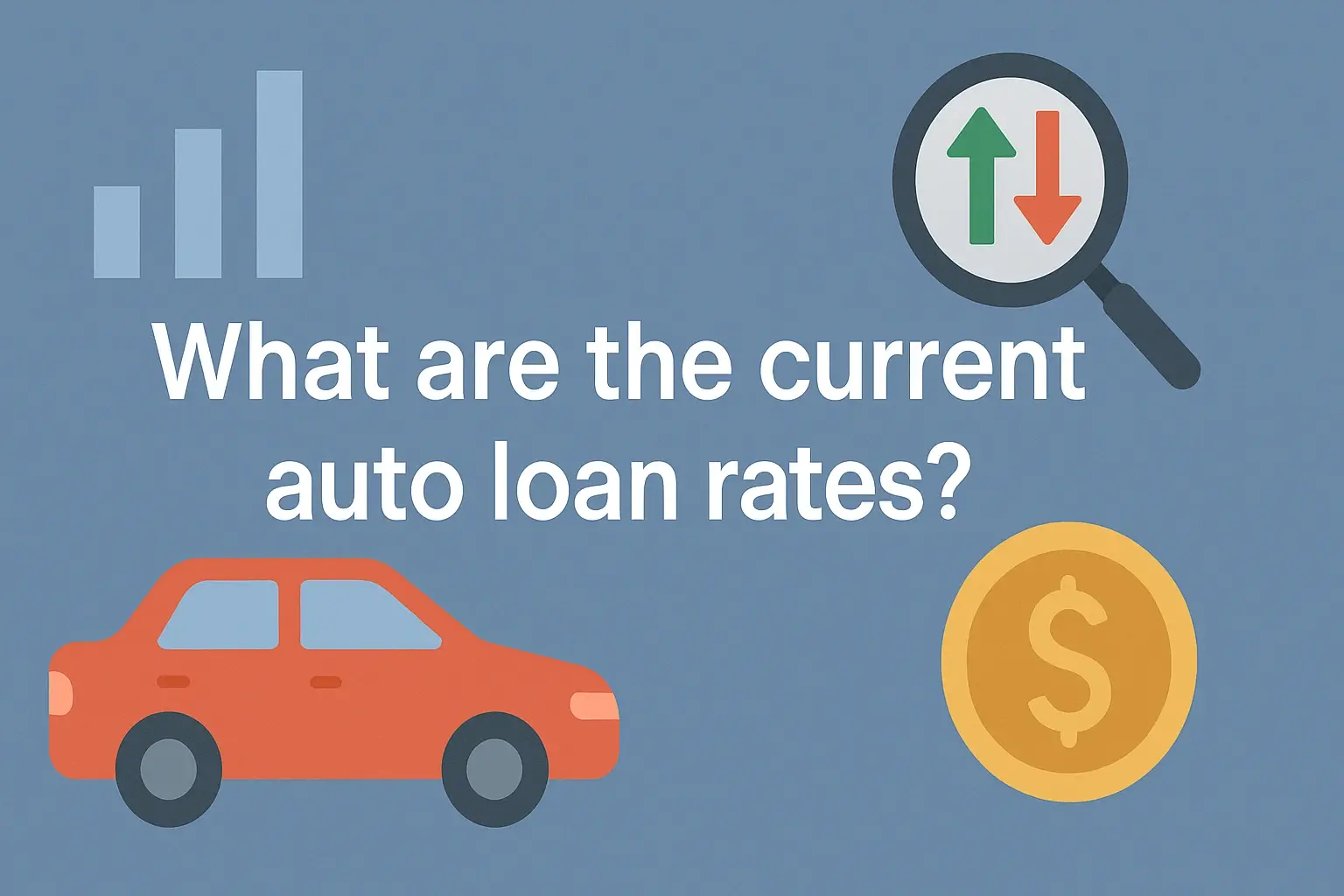-
Posted on: 24 Jul 2024
-
Navigating the world of personal loans can be daunting, especially when you're aiming for a significant amount like $30,000. Your credit score plays a crucial role in determining whether you'll be approved, and at what interest rate. This comprehensive guide will break down the credit score requirements for a $30,000 loan and provide valuable insights to help you achieve your financial goals.
Understanding Credit Scores and Loan Approval
Your credit score is a three-digit number that represents your creditworthiness. It's a snapshot of your financial history, reflecting how reliably you've managed debt in the past. Lenders use this score to assess the risk of lending you money. The higher your score, the lower the risk you pose, and the better your chances of securing a loan with favorable terms.
The most common credit scoring model is FICO, which ranges from 300 to 850. Here's a general breakdown of FICO score ranges and their implications:
- Excellent (800-850): You're considered a very low-risk borrower and will likely qualify for the best interest rates and loan terms.
- Very Good (740-799): You're a reliable borrower and will likely be approved for a loan with competitive rates.
- Good (670-739): You're considered an acceptable borrower, but you might not qualify for the lowest interest rates.
- Fair (580-669): You may still be able to get a loan, but expect higher interest rates and potentially stricter loan terms.
- Poor (300-579): Getting a loan will be challenging, and if approved, you'll likely face very high interest rates and fees.
Keep in mind that these score ranges can slightly vary depending on the credit bureau (Experian, Equifax, TransUnion) and the specific lending institution.
The Ideal Credit Score for a $30,000 Loan
While there's no magic number, a credit score of 670 or higher significantly increases your chances of getting approved for a $30,000 loan with reasonable interest rates. However, the "ideal" score depends on several factors, including the lender, the type of loan, and your overall financial profile.
Credit Score Ranges and Loan Prospects:
Excellent Credit (800-850):
With an excellent credit score, you're in the strongest position to negotiate favorable terms. You'll likely qualify for the lowest interest rates available, saving you a substantial amount of money over the life of the loan. You'll also have access to a wider range of lenders and loan products.
Very Good Credit (740-799):
A very good credit score still puts you in a favorable position. You'll likely be approved for a $30,000 loan with competitive interest rates. While you might not get the absolute lowest rates, your options will still be plentiful.
Good Credit (670-739):
With a good credit score, securing a $30,000 loan is certainly possible. However, expect interest rates to be slightly higher than those offered to borrowers with excellent or very good credit. You'll need to shop around to find the best deal.
Fair Credit (580-669):
Obtaining a $30,000 loan with a fair credit score will be more challenging. You'll likely face higher interest rates, origination fees, and stricter loan terms. Consider secured loan options or working on improving your credit score before applying.
Poor Credit (300-579):
Securing a $30,000 loan with poor credit is extremely difficult. Many traditional lenders will be hesitant to approve your application. If you do get approved, the interest rates will be very high, making the loan significantly more expensive in the long run. Focus on improving your credit score before seeking a large loan.
Factors Besides Credit Score That Influence Loan Approval
While your credit score is a major factor, lenders also consider other aspects of your financial profile:
- Income: Lenders want to ensure you have sufficient income to repay the loan. They'll typically look at your gross monthly income and compare it to your existing debt obligations.
- Debt-to-Income Ratio (DTI): This ratio represents the percentage of your gross monthly income that goes towards debt payments. A lower DTI is generally more favorable. Most lenders prefer a DTI below 43%.
- Employment History: A stable employment history demonstrates your ability to consistently earn income. Lenders often prefer borrowers who have been employed at the same job for at least two years.
- Credit History: Lenders will review your credit report for any negative marks, such as late payments, collections, or bankruptcies. A clean credit history increases your chances of approval.
- Loan Purpose: Some lenders may be more willing to approve a loan if it's for a specific purpose, such as debt consolidation or home improvement, especially if it can reduce your financial burden or increase your asset value.
- Collateral (for Secured Loans): If you're applying for a secured loan, the value of the collateral (e.g., a car or home) will be a significant factor.
Types of Loans You Can Use to Borrow $30,000
Several loan options are available for borrowing $30,000. Each type has its own pros and cons, so it's important to choose the one that best suits your needs and financial situation.
- Personal Loans: These are unsecured loans that can be used for various purposes, such as debt consolidation, home improvement, or unexpected expenses. Interest rates and terms vary depending on your credit score and the lender.
- Secured Loans: These loans are backed by collateral, such as a car or home. Because the lender has recourse to seize the collateral if you default, secured loans often come with lower interest rates than unsecured loans.
- Home Equity Loans: These loans allow you to borrow against the equity in your home. They often have lower interest rates than personal loans, but they also carry the risk of foreclosure if you can't repay the loan.
- Home Equity Lines of Credit (HELOCs): Similar to home equity loans, HELOCs allow you to borrow against your home equity. However, they're structured as a revolving line of credit, allowing you to draw funds as needed.
- Credit Cards: While not ideal for borrowing large sums, you could potentially use a credit card with a high credit limit to finance a $30,000 expense. However, interest rates on credit cards are typically very high, so this should only be considered as a last resort.
Finding the Best Interest Rates for a $30,000 Loan
Interest rates can vary significantly depending on your credit score, the lender, and the type of loan. Shopping around and comparing offers is crucial to securing the best possible rate. Here are some tips for finding the best interest rates:
- Check Your Credit Score: Knowing your credit score beforehand allows you to understand the interest rates you're likely to qualify for.
- Shop Around: Get quotes from multiple lenders, including banks, credit unions, and online lenders.
- Compare APRs: Focus on the Annual Percentage Rate (APR), which includes the interest rate and any fees associated with the loan.
- Consider Loan Term: Shorter loan terms typically have lower interest rates, but higher monthly payments. Longer loan terms have lower monthly payments, but you'll pay more interest over the life of the loan.
- Negotiate: Don't be afraid to negotiate with lenders. If you have a good credit score, you may be able to negotiate a lower interest rate.
- Pre-Qualification vs. Pre-Approval: Seek pre-qualification from multiple lenders. This provides an estimated loan amount and interest rate based on limited information, without impacting your credit score. Once you find a promising option, proceed to pre-approval, which involves a more thorough review and a hard credit inquiry.
How to Improve Your Credit Score Before Applying
If your credit score isn't where you want it to be, there are steps you can take to improve it before applying for a $30,000 loan:
- Pay Your Bills On Time: Payment history is the most important factor in your credit score. Set up automatic payments to ensure you never miss a due date.
- Reduce Credit Card Debt: Aim to keep your credit card balances below 30% of your credit limit.
- Avoid Opening New Credit Accounts: Opening too many new accounts in a short period can lower your credit score.
- Check Your Credit Report for Errors: Dispute any inaccuracies you find on your credit report with the credit bureaus.
- Become an Authorized User: If you have a friend or family member with a credit card and a good payment history, ask if you can become an authorized user on their account. This can help improve your credit score.
- Consider a Credit Builder Loan: These loans are designed to help people with limited or bad credit build a positive credit history.











